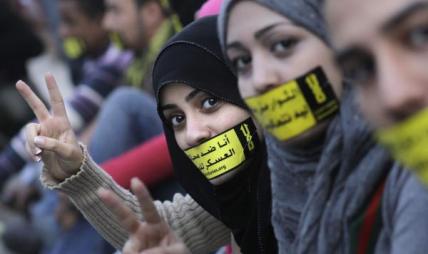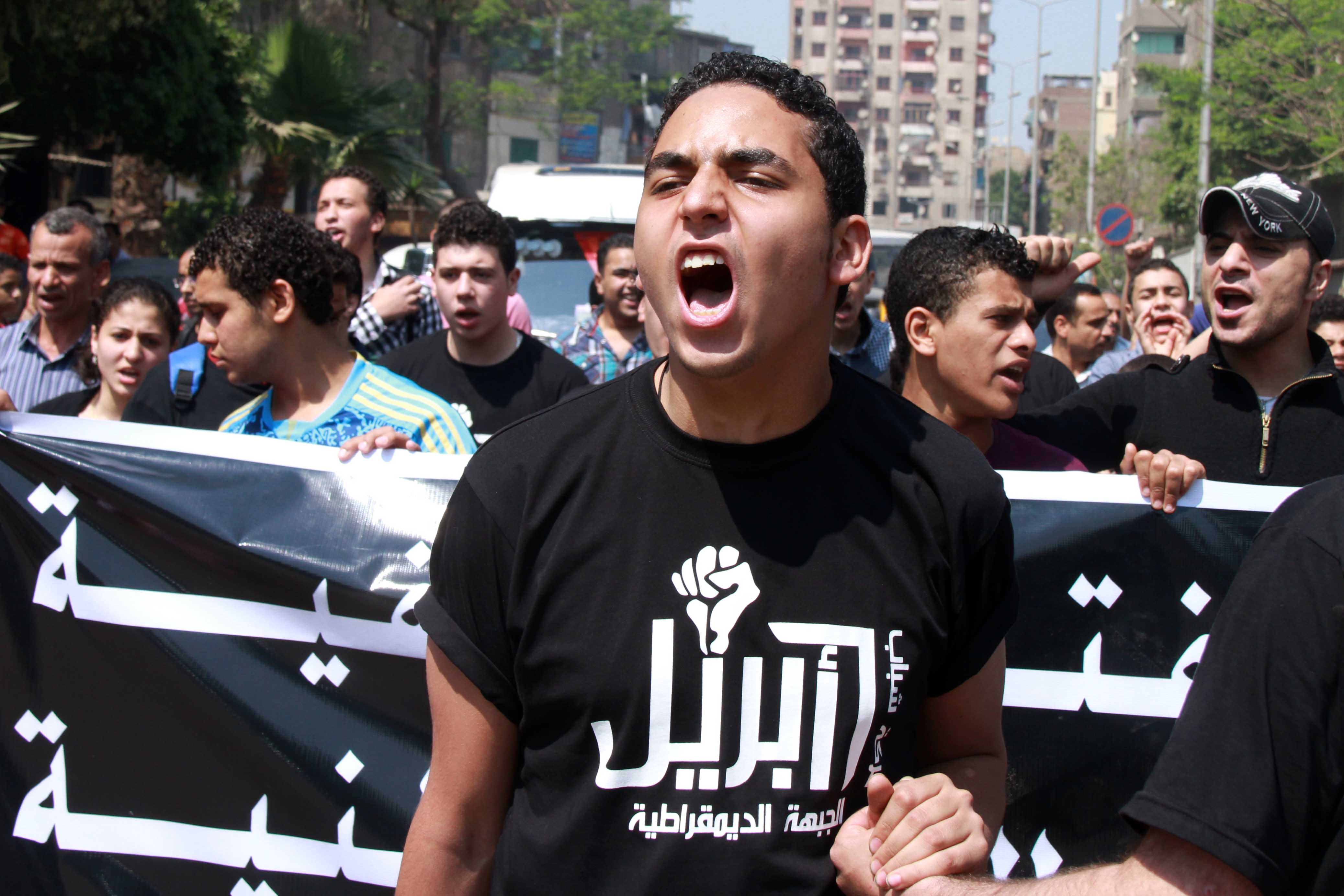Prosecution renews Cairo University student detentions
Students accused of belonging to Students Against the Coup movement
Egypt opens Rafah crossing for 3rd day after 3-month closure
Elderly woman is reported to have died while waiting to cross during…
Students resign union in protest of colleague’s death
Ain Shams University engineering students believe police killed Islam Salah Al-Din Atitu
Alexandria military court hands sentences to 147 defendants, including minors
EFACC says it is ready to oppose the military sentencing of children
Academics banned from travelling without prior security approval
Travel approvals from security services are a clear constraint on academics and…
HRW calls on EU not to endanger lives in military action against smugglers
EU increasingly criticised for placing more efforts on militarising Mediterranean rather than…
Ain Shams University student found dead on Fifth Settlement road
Students say Islam Salah Al-Din was taken by security forces after an…
Egypt executions show ‘profound disregard for human rights’: ICJ
Days after executions, Egyptian courts postpone examination of lawsuit that demanded halt…
6th April plans June protest action
"Things continue to go from bad to worse," spokesperson says
No recourse for peers of forcibly disappeared SAC spokesperson
Not the first time National Security take a Students Against the Coup…









